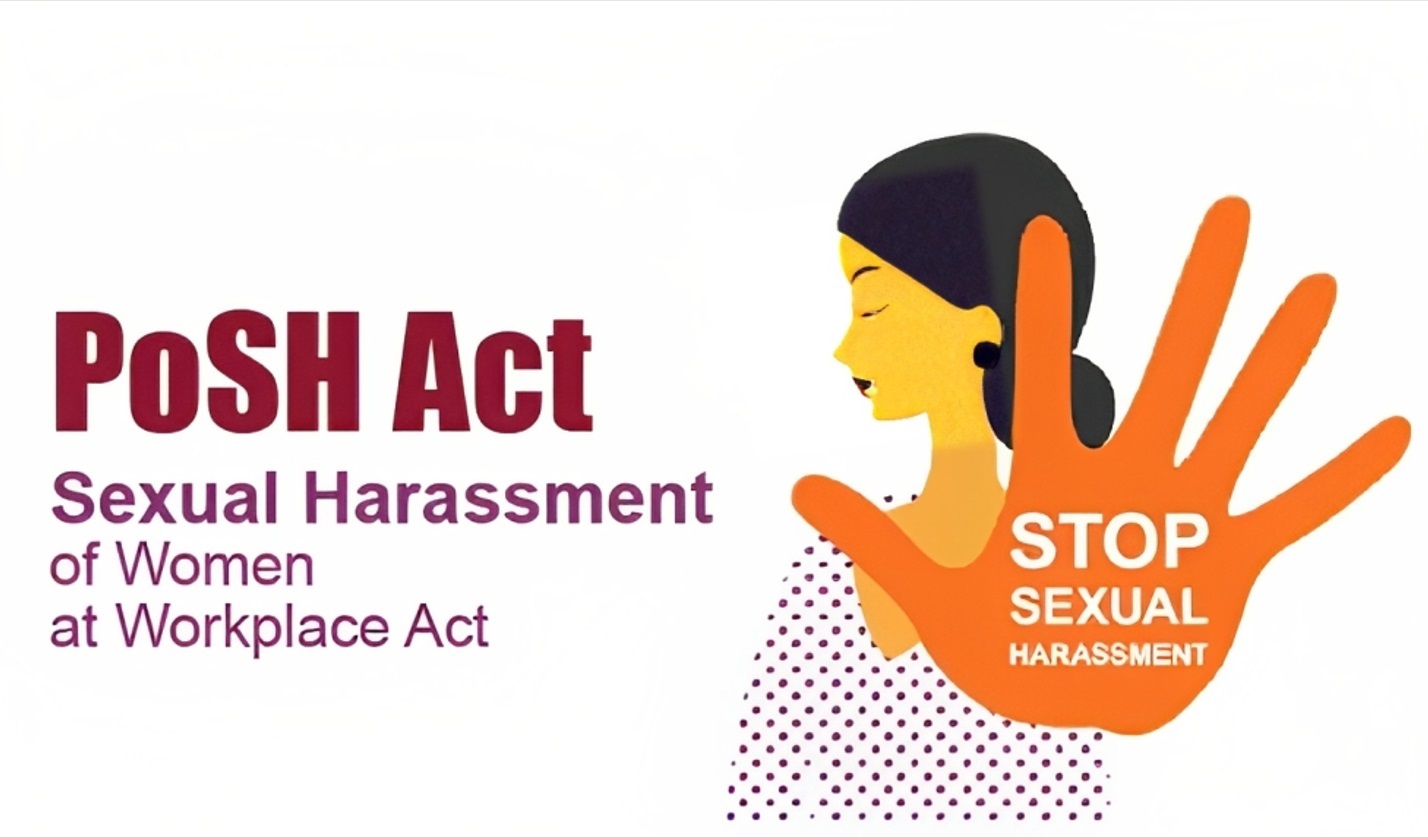While the POSH Act has led to better structural means to combat sexual harassment at the workplace, its implementation 10 years on remains patchy and inconsistent
It has been 10 years since the Sexual Harassment of Women at Workplace (Prevention, Prohibition and Redressal) Act 2013 (“POSH Act”) was enacted. The POSH Act itself was enacted nearly 16 years after the landmark judgment of the Supreme Court of India in the case of Vishaka & Others v State of Rajasthan, which laid down the guidelines to be followed by employers to prevent and redress cases of workplace sexual harassment.
Lack of implementation
Under the POSH Act, any employer with more than 10 employees is required to form an Internal Complaints Committee (ICC), which can be approached by woman employees to file a formal sexual harassment complaint. It has to be headed by a woman, and must have at least two women members, as well as an independent third party non-employee member with relevant experience in such matters. Besides, the POSH Act mandates every district in the country to create a local committee (LC) to receive complaints from women working in firms with less than 10 employees and from the informal sector,
including domestic workers, home based workers, voluntary government social workers and so 10 years on, the fact remains that the large majority of employers, especially in the SME sector, have not formed ICCs. Additionally, LCs in most districts seem defunct. Those that do exist, are hardly publicized and as a consequence, remain difficult to approach for most women. This despite the fact that sexual harassment remains rampant. While statistics nationwide on sexual harassment at the workplace are hard to come by, violence against women remains a significant and growing problem. A recent report by the National Crime Records Bureau (NCRB) on crimes against women in India shows an alarming surge from 3,71,503 cases in 2020 to 4,45,256 cases in 2022.
The lacunae in the effective implementation of the POSH Act was highlighted by the Supreme Court in a judgement delivered in May 2023, where it pointed out glaring failures in the constitution of ICCs, citing a newspaper report mentioning the fact that 16 out of the 30 national sports federations in the country had not formed an ICC till date. The report came in the backdrop of the wrestlers’ protest in Delhi against former Wrestling Federation of India head Brij Bhushan Sharan Singh, for alleged acts of sexual harassment. The Supreme Court has also pointed out that even where ICCs existed, they often either had an inadequate number of members or lacked a mandatory external member.
Lack of appropriate redressal
It was observed by the Supreme Court that the lack of proper implantation of the POSH Act has left many working women without adequate recourse, and led to several instances where women felt compelled to leave their jobs.
It is worth noting the case of a woman judge from UP, who in a letter to Chief Justice of India Dr. D.Y. Chandrachud termed the POSH Act “a big lie”, and advised working women in India to “learn to live with sexual harassment” while seeking permission to end her life, after the inquiry into her complaints failed to take place despite herculean efforts. This being the case of a legally educated and relatively powerful
individual, it can only be imagined what difficulties a less educated or privileged woman is likely to face if she seeks to bring a complaint in an organization that fails to address it seriously. Accordingly, independent and easily accessible recourses need to be provided to address such instances and ensure that women complainants have access to the proper support systems and are duly protected while their complaints are addressed fairly and expeditiously.
Lack of accountability
One of the concerns that subsists with the POSH Act is that it doesn’t satisfactorily address accountability. Not specifying who is in charge of ensuring that workplaces comply with
the POSH Act, and who can be held responsible if its provisions are not followed, is one of the reasons why the implementation of the POSH Act has remained inconsistent. Additionally, the lack of proper statistics compounds this accountability problem. In 2019, in response to a Parliamentary query, the Government of India admitted that that it does not maintain any centralized database regarding cases of harassment of women at workplaces.
This should be addressed by amending the POSH Act to enhance accountability within the organizations, and also by mandating the collection and publication of data regarding cases of sexual harassment at the workplace.
Prevalence of Conflicts of interest
It is not unusual to find that even in organizations where a duly constituted ICC exists, ICC members are often not trained to be gender sensitive. A common perception harbored by ICC members is that the POSH Act is a “women-centric” law prone to “misuse by women”, not recognizing the wider social context and its implications.
The fact is that many perpetrators of sexual harassment are persons who may be in powerful positions in the organization, or persons who are known to the members of the ICC. This in turn influences the outlook and objectivity of the ICC members, and can create a conflict of interest. The POSH Act does
not really address these scenarios adequately. That said, while an amendment of the POSH Act to deal with this issue would be desirable, it is also possible for organizations themselves to proactively tackle this by formulating guidelines around conflict of interest for ICC members, and requiring explicit disclosures of the same by ICC members.
In conclusion, while the POSH Act has been an important step forward, the enactment of the law alone has not been enough, and it will take significant effort by all stakeholders – the government, employers and civil society – to make sure that it is duly implemented in both letter and spirit going forward.










